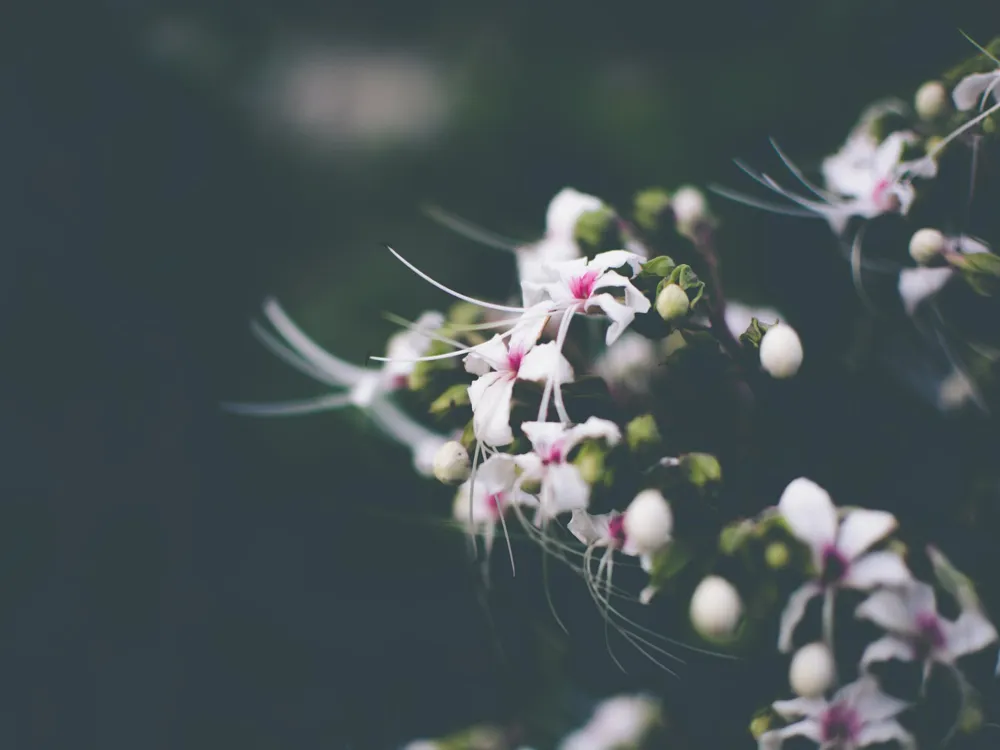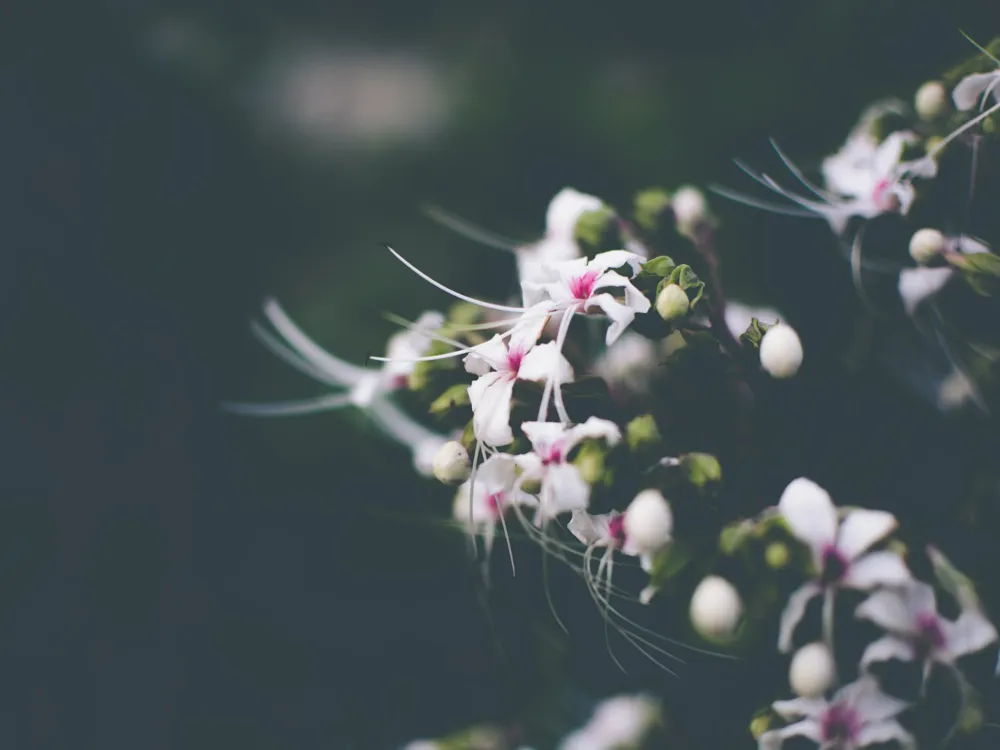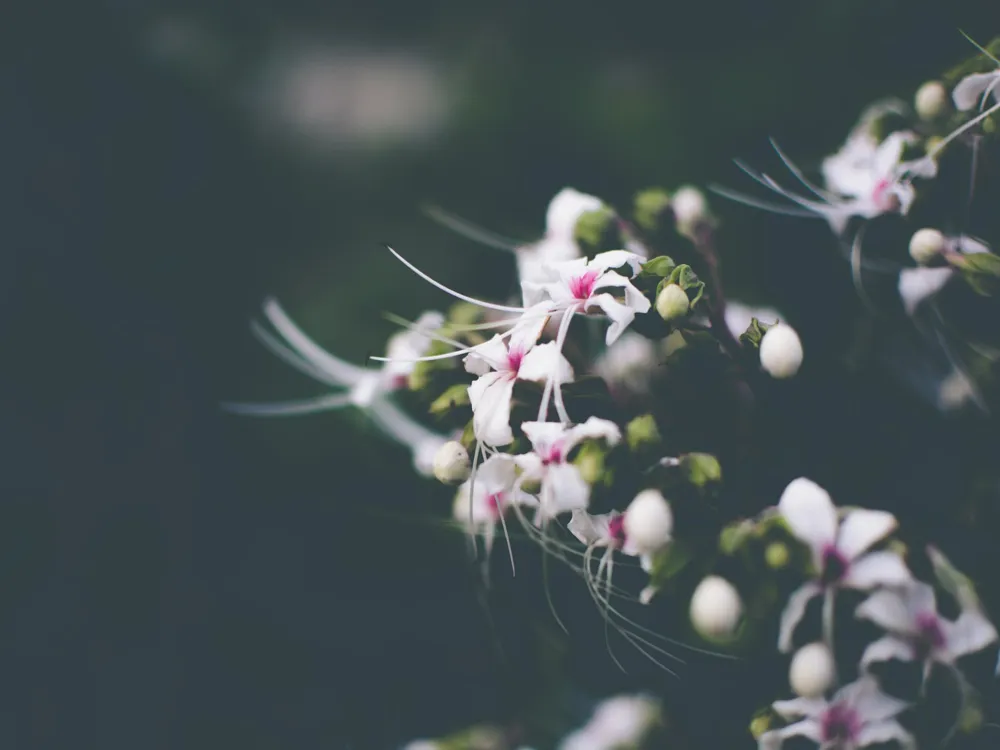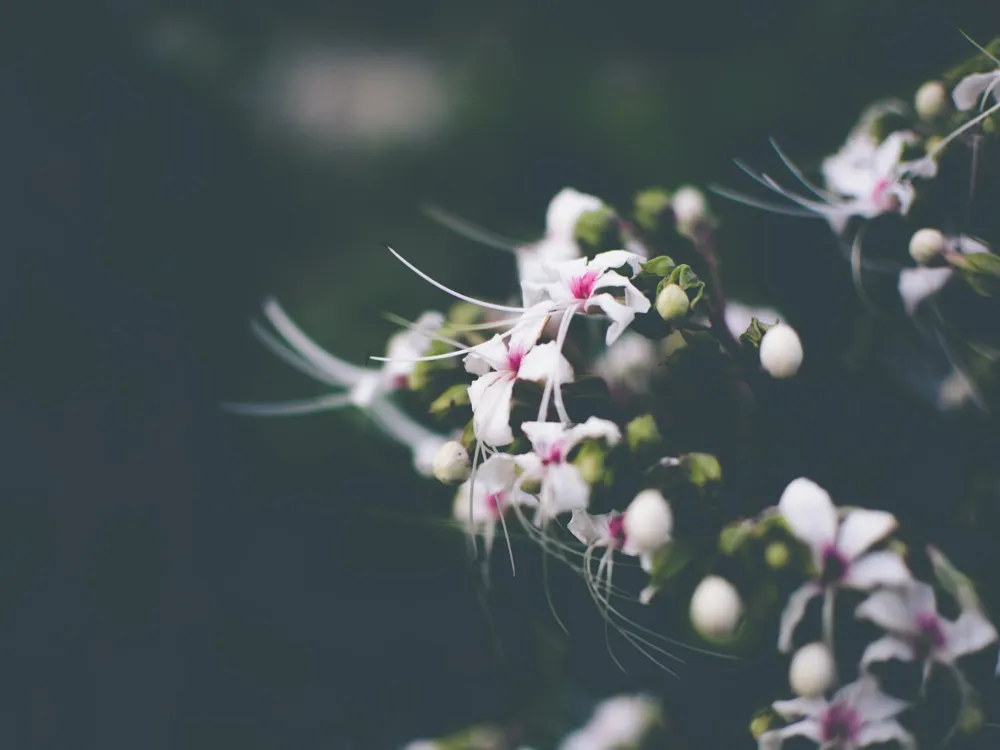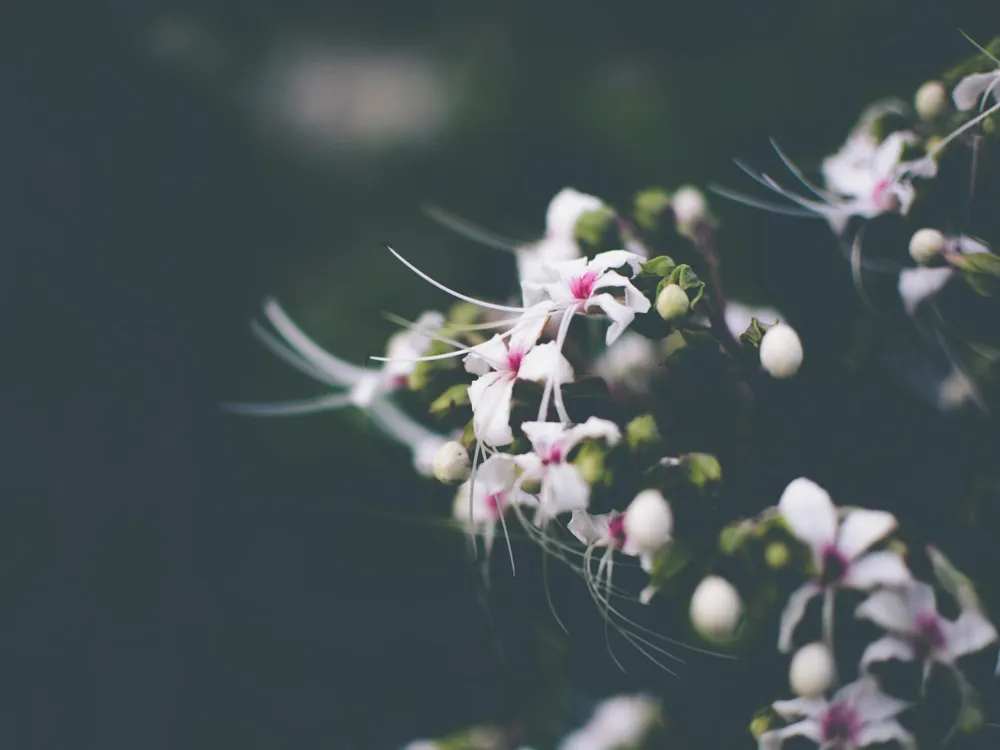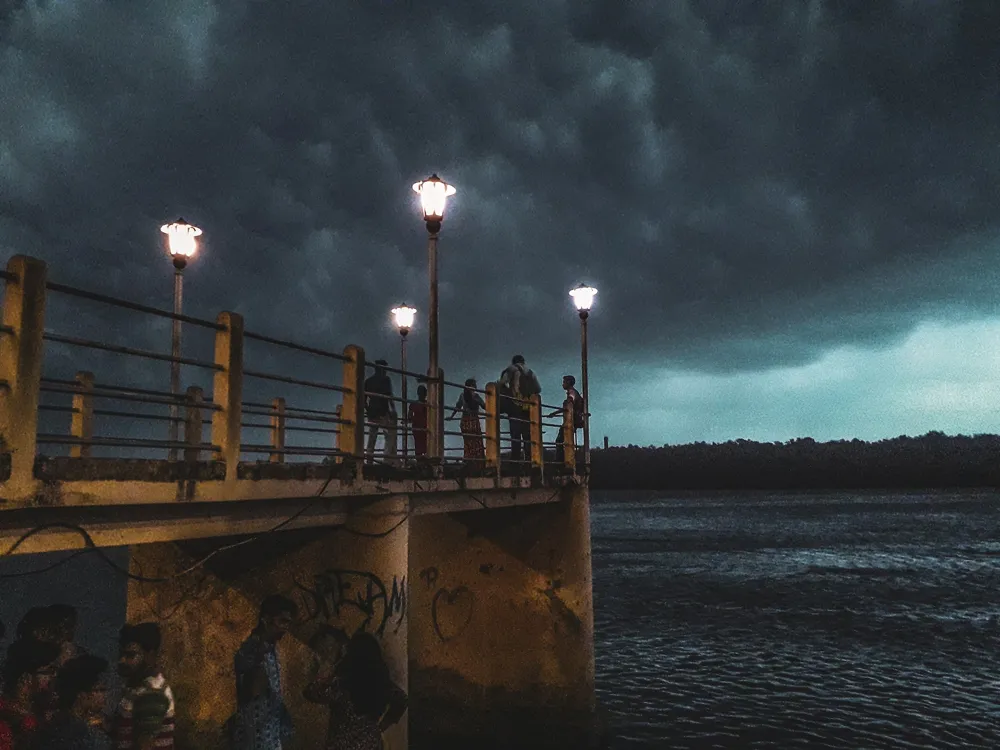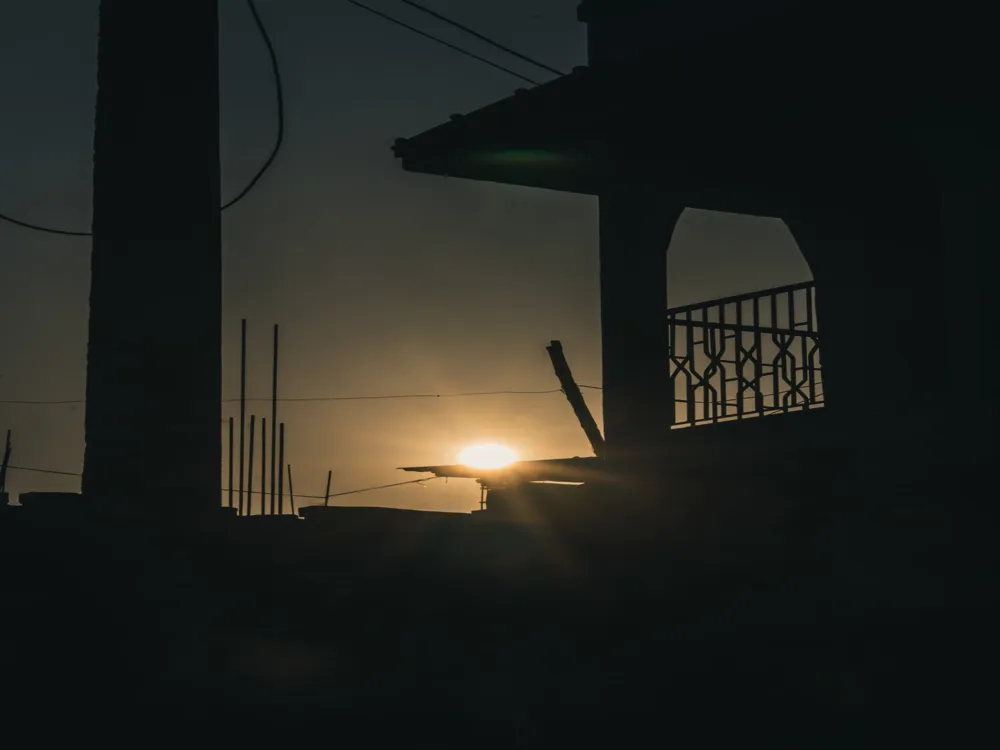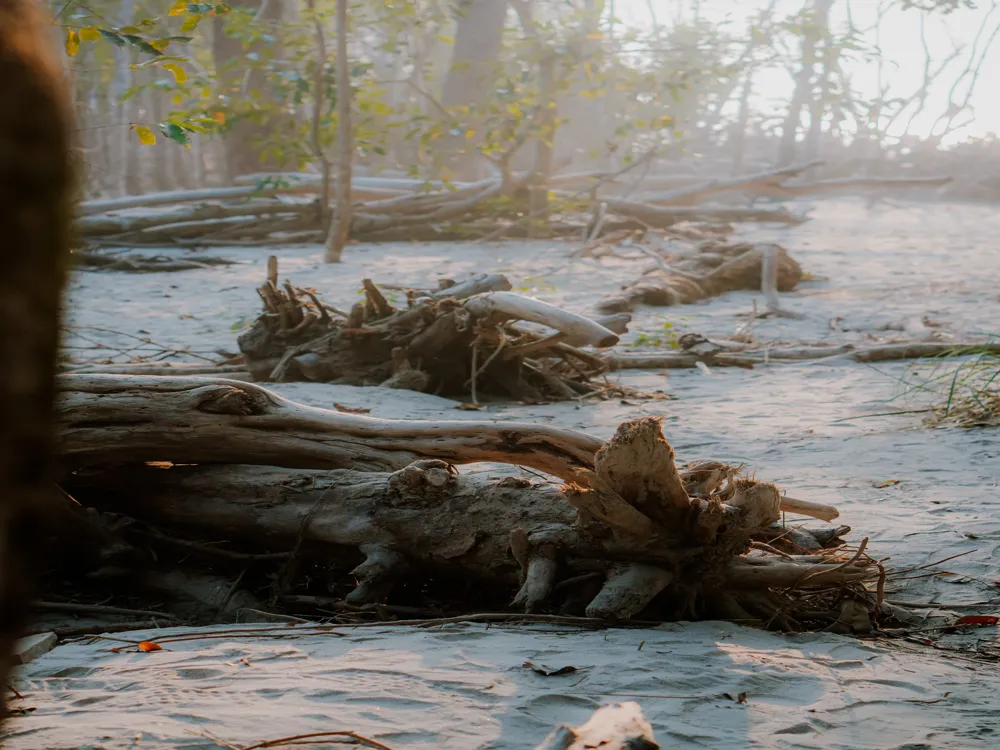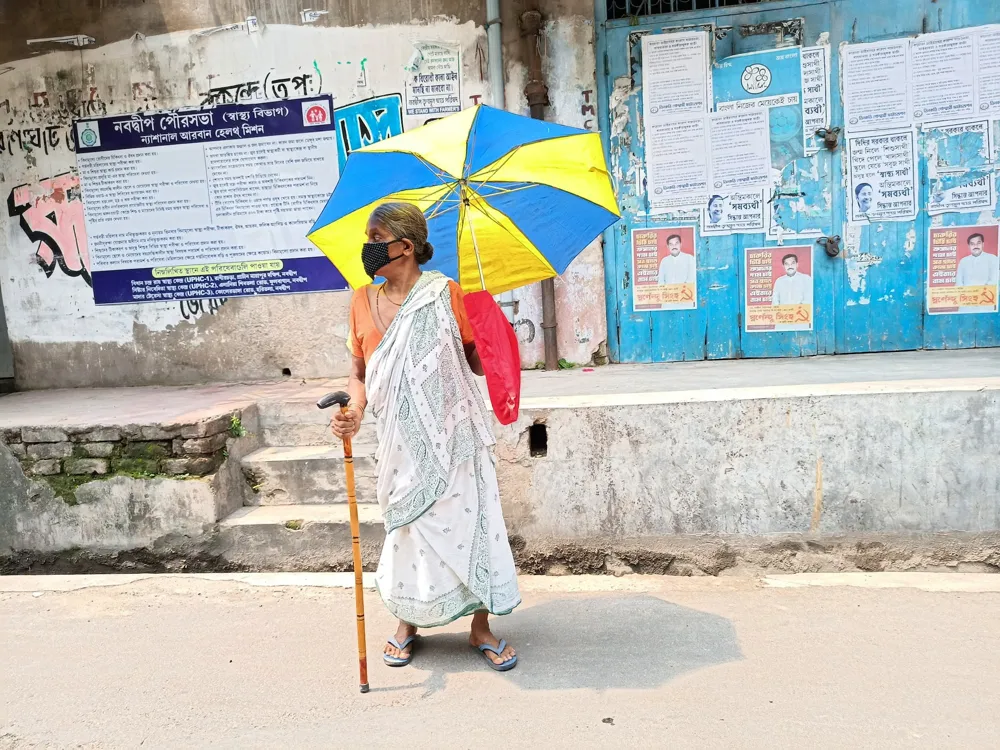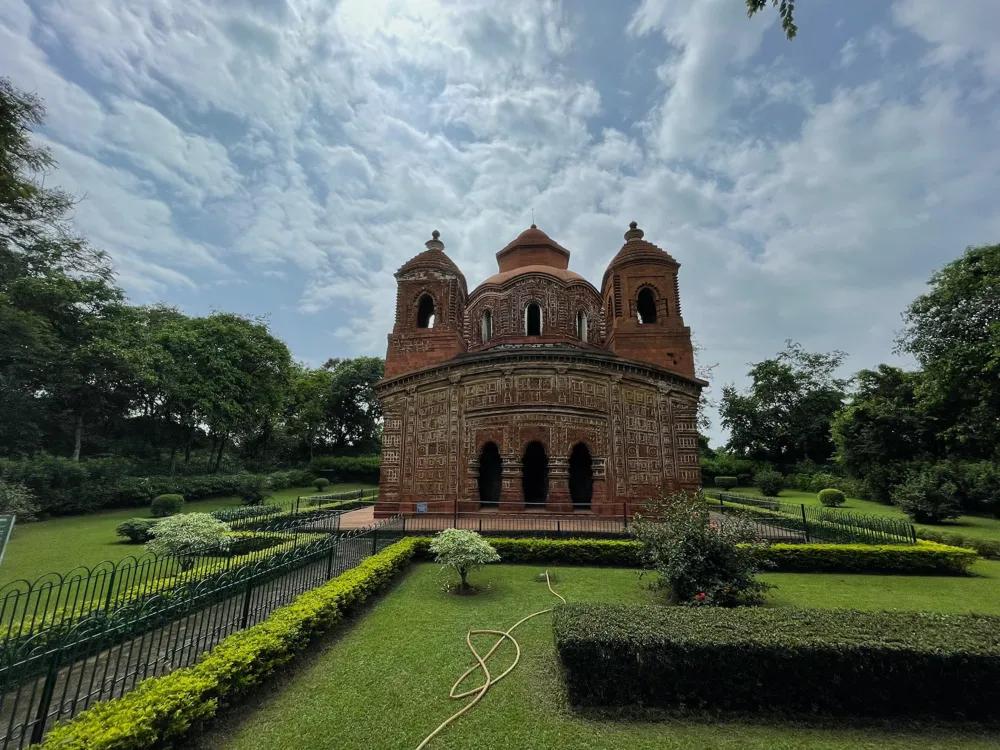The Botanical Gardens in Kolkata, also known as the Acharya Jagadish Chandra Bose Indian Botanic Garden, is a breathtaking expanse of flora and natural beauty located in the city of Kolkata, West Bengal. Established in 1787, these gardens span 109 hectares of land, making them one of the largest botanical gardens in India. Home to over 12,000 species of plants, it's a living library of the natural world and a haven for plant lovers, environmentalists, and anyone seeking a tranquil escape from the urban hustle. Notably, the gardens are renowned for their remarkable collection of orchids, bamboo, palms, and the famous Great Banyan Tree. This tree, over 250 years old, is a marvel of nature and holds the record for the widest canopy in the world. The lush greenery and scenic landscapes offer a refreshing change from the concrete cityscape, providing visitors with a serene environment to explore and relax. The Botanical Gardens play a crucial role in the study and conservation of plant species, some of which are rare and endangered. Researchers and students from across the globe visit to study its rich biodiversity. Besides its scientific significance, the gardens are a popular recreational spot for locals and tourists alike, offering an array of activities such as bird watching, photography, and nature walks. The history of the gardens is as rich as its biodiversity. Established by Colonel Robert Kyd, an army officer of the British East India Company, it was originally intended for the cultivation of commercial plants like teak and spices. However, over time, it transformed into a center of botanical research and a repository of exotic plants from across the world. The gardens also played a pivotal role in the introduction of the tea plant to Assam, a turning point in Indian history. Today, the Botanical Gardens in Kolkata stand as a testament to the city’s commitment to preserving its natural heritage. They are not just a site of environmental significance but also a cultural and educational landmark, reflecting the rich history and diverse flora of India. The architecture of the Botanical Gardens in Kolkata is a harmonious blend of natural beauty and human ingenuity. Spanning over a massive area, the layout of the gardens is a masterpiece of landscape architecture, designed to showcase a diverse range of plant species in a cohesive and accessible manner. The gardens are laid out in various sections, each dedicated to a specific type of plant or ecological setting, creating a tapestry of ecological niches. At the heart of the gardens stands the Great Banyan Tree, a colossal and ancient banyan tree that dominates the landscape with its enormous canopy and aerial roots. Surrounding the Great Banyan Tree are meticulously maintained lawns, flower beds, and themed gardens, including the cactus house, orchid house, and fern house. Each of these houses is designed to create the perfect environment for its respective plant species, showcasing the diversity and beauty of nature. The architecture of the greenhouses and conservatories is particularly noteworthy. These structures, made of glass and metal, are designed to create optimal growing conditions for a variety of exotic and tropical plant species. The greenhouses are a fusion of functionality and aesthetic appeal, with their translucent structures allowing sunlight to flood the interiors, creating a warm, nurturing environment for the plants. The layout of the pathways and walkways throughout the gardens is another aspect of its thoughtful design. These paths meander through the gardens, offering visitors a journey through different botanical zones. Benches and rest areas are strategically placed along these paths, providing spots for visitors to sit and immerse themselves in the natural surroundings. The architectural design of the Botanical Gardens in Kolkata is not only about showcasing plant life but also about creating an environment that fosters learning and appreciation of nature. The educational facilities, including the herbarium and the library, are integral parts of the gardens, designed to support research and education in botany and environmental science. In summary, the architecture of the Botanical Gardens in Kolkata is a splendid example of how space can be crafted to both preserve and present the natural world. It stands as a beacon of environmental conservation and botanical research, seamlessly blending the splendor of nature with the nuances of scientific study and public education. The ideal time to visit the Botanical Gardens in Kolkata is between October and March when the weather is pleasant. This period avoids the extreme heat of the summer months and the heavy rains of the monsoon season, making it perfect for leisurely walks and exploration. Visitors should carry essentials like water bottles, hats, sunscreen, and comfortable walking shoes. Carrying a camera is recommended for photography enthusiasts, and binoculars can enhance the bird-watching experience. Opt for guided tours if available, as they offer in-depth information about the plant species and history of the gardens. These tours can significantly enhance your understanding and appreciation of the gardens. It's important to respect the natural environment of the gardens. Avoid littering, plucking flowers or leaves, and straying off the designated paths. Maintaining the sanctity of the gardens is crucial for their preservation. The Botanical Gardens in Kolkata are well-connected and easily accessible by various means of transportation. The nearest railway station is Howrah, which is approximately 4 kilometers away. Visitors can take a taxi or an auto-rickshaw from the station to the gardens. For those preferring to travel by bus, several buses ply to the Botanical Gardens from different parts of Kolkata. Additionally, the gardens are reachable by private vehicles, and there is ample parking space available. Read More:Overview of Botanical Gardens in Kolkata, West Bengal
Architecture of Botanical Gardens in Kolkata
Tips When Visiting Botanical Gardens in Kolkata
Best Time to Visit
What to Bring
Guided Tours
Respect the Environment
How To Reach Botanical Gardens in Kolkata
Botanical Gardens in Kolkata
Kolkata
West Bengal
NaN onwards
View kolkata Packages
Weather :
Tags : Garden & Park
Timings : 8:00 AM to 5:00 PM
Time Required : 2-3 hrs
Entry Fee : Indian Nationals: INR 10,
Foreigners: INR 100,
Camera: INR 20
The annual membership fees for all cardholding daily walkers is INR 200.
Planning a Trip? Ask Your Question
Also Refered As:
Acharya Jagadish Chandra Bose Indian Botanic Garden
Kolkata Travel Packages
View All Packages For Kolkata
Top Hotel Collections for Kolkata

Private Pool

Luxury Hotels

5-Star Hotels

Pet Friendly
Top Hotels Near Kolkata
Other Top Ranking Places In Kolkata
View All Places To Visit In kolkata
View kolkata Packages
Weather :
Tags : Garden & Park
Timings : 8:00 AM to 5:00 PM
Time Required : 2-3 hrs
Entry Fee : Indian Nationals: INR 10,
Foreigners: INR 100,
Camera: INR 20
The annual membership fees for all cardholding daily walkers is INR 200.
Planning a Trip? Ask Your Question
Also Refered As:
Acharya Jagadish Chandra Bose Indian Botanic Garden
Kolkata Travel Packages
View All Packages For Kolkata
Top Hotel Collections for Kolkata

Private Pool

Luxury Hotels

5-Star Hotels

Pet Friendly








